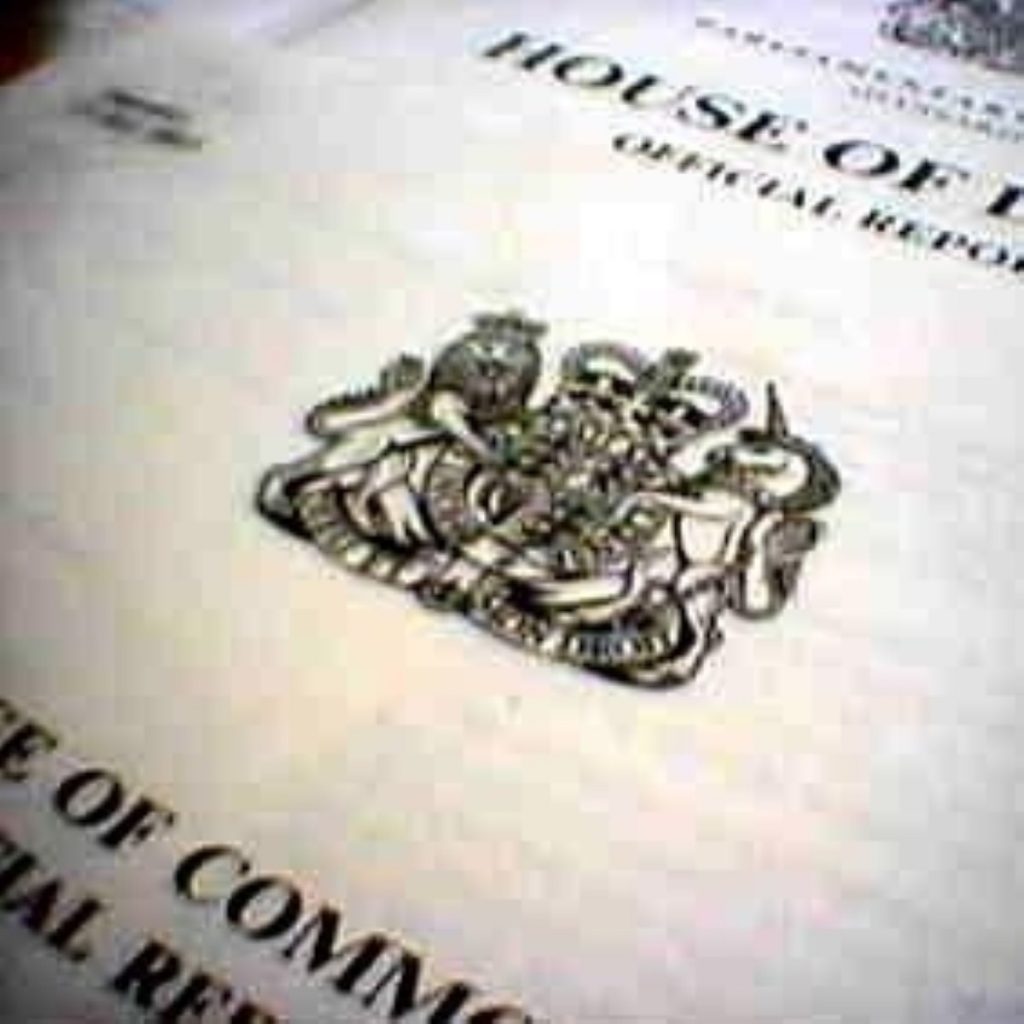UK signs extradition treaty despite human rights concerns
The government has presented a treaty to parliament allowing for extradition of prisoners from the UK to the United Arab Emirates (UAE), despite protests from human rights groups that the country engages in the flogging, execution and possible torture of prisoners.
The treaty, which received no media attention when it was presented, allows the UK government to extradite anyone of its citizens for a crime which is punishable by one year or more in prison, as long as the request for the citizen is made by “a competent court in the requesting country”.
But the US state department’s latest annual human rights report stipulates the UAE judiciary is not fully independent.
“The constitution provides for an independent judiciary; however, in practice it was not independent, as decisions were subject to review by the political leadership,” the report reads.
“The judiciary was composed largely of contracted foreign nationals potentially subject to deportation. there is often no functional separation between the executive and judicial branches.
“Arbitrary detention and incommunicado detention remained problems,” the report continues.
“Current law permits indefinite, routine, incommunicado detention without appeal.”
When the Emirates Human Rights Association (EHRA) visited several prison facilities in the country in March last year, they found several people who had been detained for up to three years without a trial date.
Amnesty International told politics.co.uk that they had received allegations of torture in detention in the UAE.
Flogging is a common punishment in the country, and Muslims and non-Muslims alike can receive the punishment for adultery, pre-marital sex or drunkenness.
“Authorities used canes to administer floggings, which left substantial bruising, welts, and open wounds on the recipients’ bodies,” the US state department said.
The New York-based Human Rights Watch recently sent a letter to UAE president SDheikh Khalifa bin Zayed Al-Nahyan calling on him to explain the targeting of several human rights activists by security forces.
In the letter, Human Rights Watch details the case of Muhammad al-Mansoori, president of the independent Jurists Association, who was issued with an arrest warrant by the federal high court for “insulting the public prosecutor”. Al-Mansoori told Human Rights Watch that government officials told him these charges stemmed from his public interviews and advocacy promoting human rights.
The treaty comes as Britain overhauls its extradition system as part of the ‘war on terror’.
The infamous ‘memoranda of understanding’ between the UK and several of its allies promised they would not be tortured or subject to degrading treatment if the UK agreed to extradite them, but they were decried as a bad joke by human rights groups.
Peter Tatchell, human rights activist and fomer Labour party candidate told politics.co.uk: “UAE falls well short of internationally accepted standards of human rights.
“The legal system is not adequately transparent and there are repeated reports of the abuse and mistreatment of prisoners.
“This extradition treaty flies in the face of the UK’s obligation and commitment not to deport people to countries where there is evidence of unfair trials, torture and persecution of dissidents and minorities.”





-01.png)